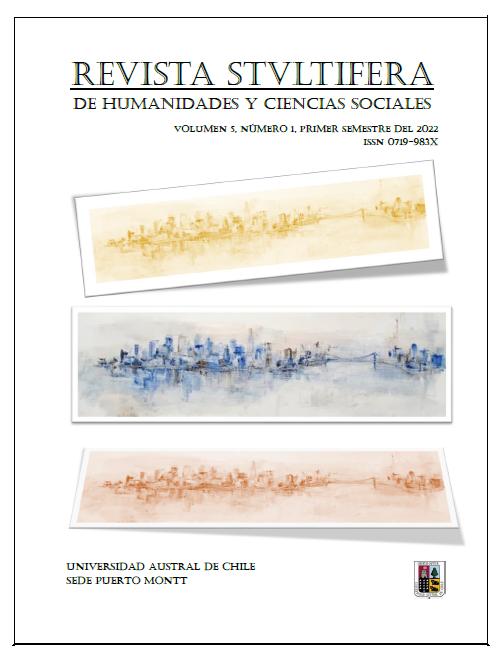The Critical Politics of Aesthetic Agonism. A Lesson from T. S. Eliot
Main Article Content
Abstract
Discussions on T. S. Eliot”s critical thought usually anchor on his conservatism, ignoring the opposite philosophical compromises of his early works. What I intend to demonstrate, however, is that his subsequent production can only be theoretically understood based on the critical relation developed in regard to those essays, a relation that is as fundamental as poorly studied with the attention it deserves. I argue, in effect, that it plays an operative role in Eliot”s critical activity, expressing a kind of critical modus operandi latent in his writings. Hence my hypothesis that Eliot”s poetry and literary critique involve a certain practical reason that can be recovered as a “politics of aesthetic agonism”, defined by the keeping of the contradictions in a polemical and permanent ironic tension. A “critical politics” that will prove to have an important pragmatic significance also for the socio-cultural domains of, particularly, politics and religion, as a lesson, finally, for any socially engaged philosophy ―and theory―, and the theoretical praxis itself.
Article Details
Usted es libre de compartir (copiar y redistribuir el material en cualquier medio o formato) y adaptar (remezclar, transformar y construir sobre el material). El licenciante no puede revocar estas libertades siempre y cuando usted siga los términos de la licencia.
La licencia se da bajo los siguientes términos:
Atribución: debe dar el crédito adecuado, proporcionar un enlace a la licencia e indicar si se realizaron cambios. Puede hacerlo de cualquier manera razonable, pero no de ninguna manera que sugiera que el licenciante lo respalda a usted o a su uso.
No comercial: no puede utilizar el material con fines comerciales.
Sin restricciones adicionales: no puede aplicar términos legales o medidas tecnológicas que restrinjan legalmente a otros de hacer cualquier cosa que la licencia permita.


 http://orcid.org/0000-0003-3976-0640
http://orcid.org/0000-0003-3976-0640